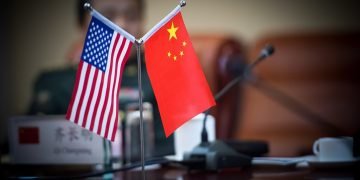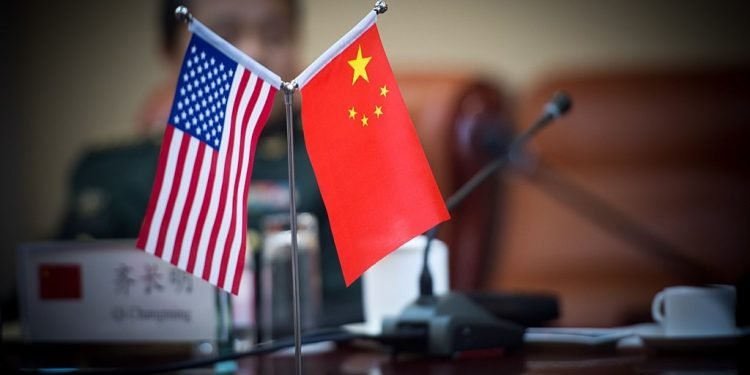USTR Launches Investigation into China’s Maritime, Logistics, and Shipbuilding Practices
In a move that could have significant implications for trade relations between the United States and China, the Office of the US Trade Representative (USTR) has initiated an investigation into China’s practices within the maritime, logistics, and shipbuilding sector. This investigation, conducted under Section 301 of the Trade Act of 1974, follows a petition submitted by five labor unions on March 12, alleging a longstanding campaign by China to dominate these crucial industries.
The petitioners have raised concerns about various forms of support provided by the Chinese government to its maritime, logistics, and shipbuilding sectors, dating back to 2001. These alleged practices include grants, tax benefits, preferential financing, and other interventions that they claim have unfairly tilted the playing field in favor of Chinese industry. According to the petitioners, such actions not only harm US industry but also pose threats to US economic and national security interests.
To address these concerns, the petitioners have proposed a series of measures under Section 301. These include imposing fees on vessels built in China that dock at US ports, using the proceeds to establish a shipbuilding revitalization fund, supporting stronger demand for US-built vessels, and addressing China’s efforts to dominate port and logistics infrastructure.
The USTR’s investigation is not limited to these proposed remedies. Under Section 301, the USTR has broad authority to take action against countries found to engage in unjustifiable or unreasonable practices that burden or restrict US commerce. This could include suspending trade benefits, imposing fees or restrictions on services, or entering into binding agreements with the Chinese government to address the alleged conduct.
To gather information and assess the situation, the USTR has invited public comments on China’s actions in the maritime, logistics, and shipbuilding sectors. Interested parties have until May 22 to submit comments, and a public hearing is scheduled for May 29, with the possibility of continuation on May 31 if needed. Following the investigation, the USTR has up to 12 months to make a determination.
If the USTR determines that retaliatory action is warranted, such action must be implemented within 30 days, although waivers may be granted to extend this timeline. Section 301 actions automatically terminate after four years, but requests to continue the action can be made if deemed necessary.
This investigation marks a significant development in US-China trade relations and underscores the growing tensions between the two countries in key economic sectors. As the investigation progresses, stakeholders will be closely monitoring the USTR’s findings and any subsequent actions taken by the US government.























